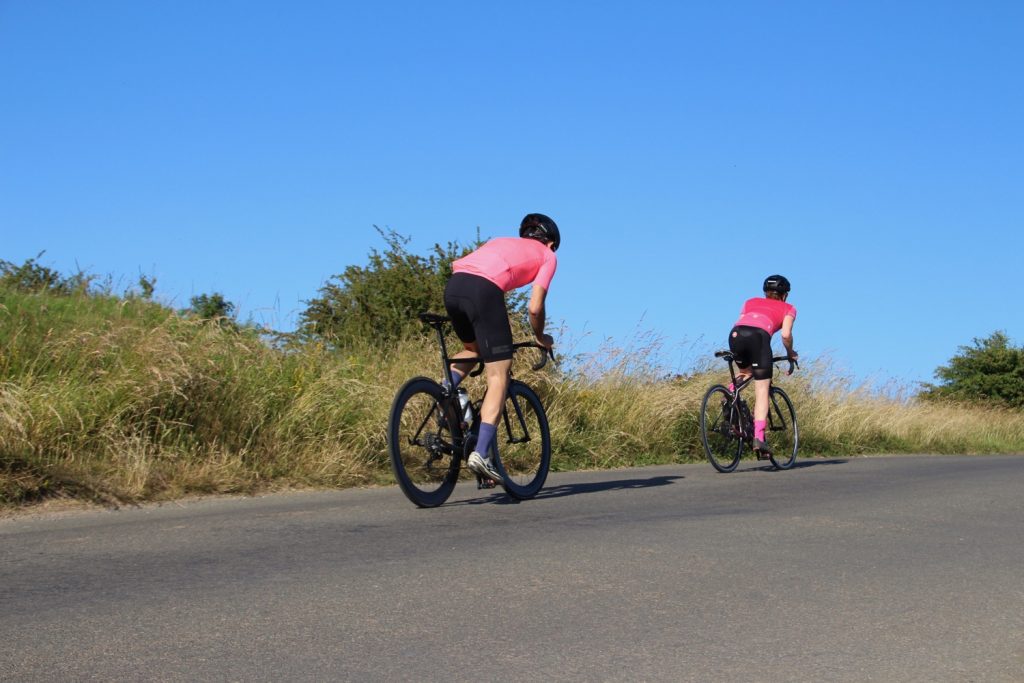Nutrition
For most athletes, breakfast is one of the keys to good performance. This is especially true before an early-afternoon race, because you won’t be able to have a proper lunch beforehand. Prioritise protein and complex carbs – eggs on toast, yoghurt with muesli, or porridge with banana and nuts are all good ideas.
It’s crucial to eat the right amount in the hours leading up to your race. If you’re starting at 2:30 p.m., you don’t want to have a burger at 1 o’clock. Go for a light lunch at 11:30 or midday instead. Most sports nutritionists recommend a low-fibre, high-energy snack, and you definitely need to stay hydrated. If you’re going to be racing in hot conditions, you should boost your electrolyte levels with a healthy sports drink or coconut water.
One common problem with afternoon races is that many adults experience a dip in energy between 2 and 4 o’clock. Which brings us onto caffeine. Some athletes swear by coffee as a performance booster, whilst others steer well clear of it. There are a few things to bear in mind:
- Caffeine is proven to reduce perception of effort. In other words, an intense session will feel easier.
- Caffeine increases alertness and improves neuromuscular coordination.
- Caffeine is most effective 30 to 60 minutes after consumption.
You have to find out what optimises your performance, but race day isn’t the time to experiment.
Sleep
As mentioned, you may be used to feeling tired in the afternoon. The best way to counteract this (besides drinking coffee or water) is to ensure you sleep well in the lead-up to your event. Read our tips on how to improve your sleep quality and duration.
Physical Preparation
Make sure your body and mind are used to exercising at this time of day, as this will increase your chances of performing well. You should also have a clear idea of how you’re going to warm up, although this may vary depending on the weather.
Make sure your body and mind are used to exercising at this time of day.
In the weeks leading up to the event, your mileage should gradually decrease (you may look for a slightly positive TSB in Wattson Blue) – this will allow your body to rest and recuperate.
Race day isn’t the time to try something new. If you’ve been eating, sleeping and training well over a sustained period, you should be in the best possible position to perform at your peak. Just be aware of the specific challenges that come with racing after midday and prepare accordingly!
Wattson Blue empowers you to find the right balance between stress and recovery to maximise your long-term performance. It is available to download on iOS and Android.
